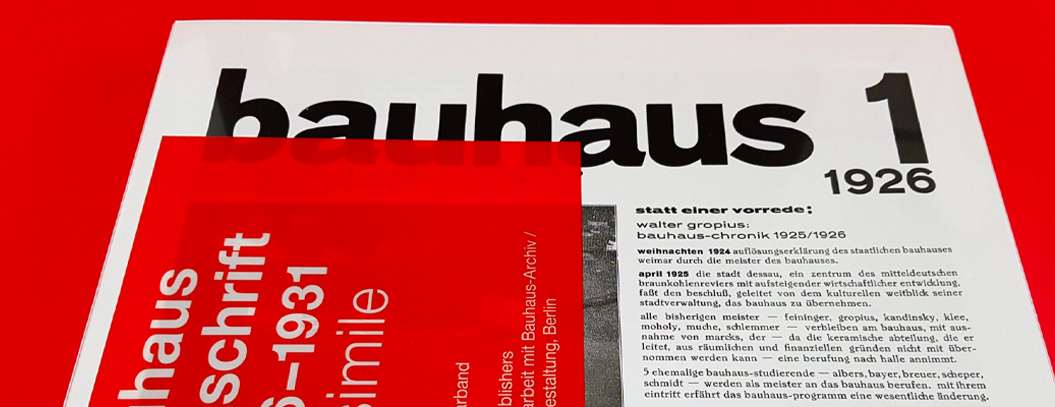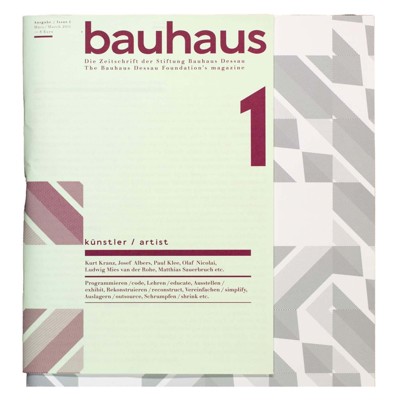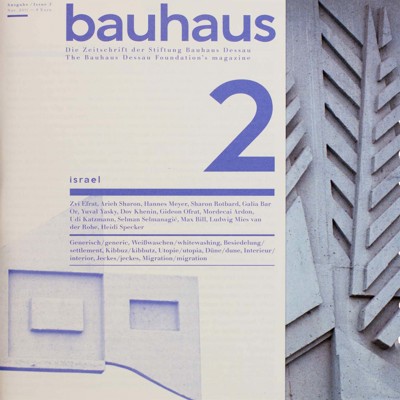Description
This volume takes a new look at Hannes Meyer - the second Bauhaus director in Dessau, who was politically forced out of office in 1930. Using facsimiles of programmatic writings, the book documents how the committed architect and socialist communicated his idea of the Bauhaus from the time he took office as Bauhaus director until his death. On the other hand, international experts examine in a series of essays how Meyer's positions changed and were discussed and received in different social and political contexts. This not only reflects the potential of Hannes Meyer's ideas, but also documents a history of the interrelationship between architecture and politics through one of the most contentious positions of the 20th century avant-garde. In this volume, extremely inaccessible originals of German or previously untranslated Bauhaus catalogs appear for the first time as reprints.
Published by Bauhaus Dessau Foundation, Thomas Flierl, Philipp Oswalt
Design: Tobias Klett
Details:
- 210 x 297 mm
- 640 pages
- Languages: German




















